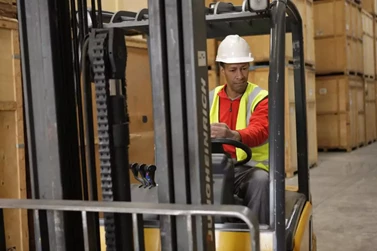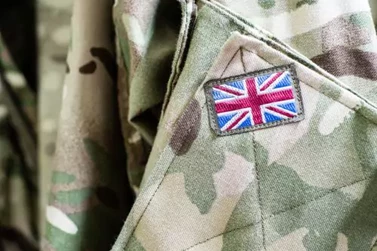Cold Injury Claims
All employers have a responsibility to protect their employees from injuries at work, and these same principles apply to service personnel. This includes protection from cold injury.
If you have been diagnosed with a cold injury due to your working conditions (whether a member of the Armed Forces or not) then you may be entitled to compensation by making a cold injury claim.
What is a cold injury?
Cold injuries are often suffered by those who are working in freezing and wet conditions for prolonged periods of time.
Personnel diagnosed with cold injuries often suffer life-changing consequences and permanent disability. Cold injuries can cause numbness, tissue damage, loss of digits, and long-term pain and permanent intolerance to cold conditions.
There are different types of cold injury. The most common is non-freezing cold injury (formerly known as trench foot). Other types of cold injury include hypothermia and freezing cold injury injury (also known as frostnip and frostbite).
Diagnosis and treatment of cold injuries are often difficult. In worst cases, it can lead to the affected persons losing their job or being discharged from military service. This can result in significant financial loss being incurred.
It is the responsibility of the employer (or in cases of military personnel, the Ministry of Defence) to assess the working conditions you are expected to work in and to provide suitable protective equipment including boots, socks and gloves. If you are exposed to extreme cold, your employers (or again in cases of military personnel, the Ministry of Defence) should be carrying out regular foot inspections for signs of an injury developing.
If you have suffered an injury, you could be entitled to non-freezing cold injury compensation and cold injury compensation.
We're here to help you
Our workplace accident experts are on hand to talk through your case and provide free, no-obligation legal advice.
Frequently asked questions about cold injury claims
There are two ways in which you can make a cold injury compensation claim. If you are a civilian, your claim will be against your employer and ordinarily paid for by its employers’ liability insurance.
If you are a serviceman or servicewoman suffering a cold injury, then you may be entitled to a payment from the Armed Forces Compensation Scheme (AFCS). You can also start a civil claim for cold injury compensation, but you cannot be compensated twice for the same injuries.
Thompsons Solicitors advise you about these two types of claims and progress a civil claim on your behalf.
A personal injury claim through the civil courts has to be started with three years of the date of an accident, or from three years when the person realised his or her condition was caused by someone else’s fault.
A claim through the AFCS must be started within seven years of the date of the accident or, for latent damage, within three years of when the person realised his or her condition was caused by military service.
Thompsons Solicitors can provide specialist legal advice so that you can make an informed decision about how your claim can be pursued.
Call our military injury experts today on 0800 0 224 224 or complete our online claim form to begin your cold injury claim.
Thompsons Solicitors are specialists in recovering cold injury compensation.
We have expert solicitors who specialise in dealing with both civil claims and claims for members of the Armed Forces. Over the years, we have secured substantial amounts of compensation on their behalf.
We will be able to advise you on whether or not you have a valid claim for non-freezing cold injury compensation and cold injury compensation.
We understand how complicated making a claim can be, so our specialist lawyers will be happy to talk you through the process of making a cold injury claim in plain English and answer any questions or queries you may have.
Contact Thompsons Solicitors on 0800 0 224 224, complete our online claim form or request a call back to begin the claim process.

A Guide To Accident At Work Cases
This guide contains information about accident at work cases.
Find out more
Workplace Winter Safety Tips
In this guide, we’ll look at top tips for how employers should be keeping workers safe during the colder months. We’ll also answer some frequently asked questions about working during winter.
Find out more
Chester Man's Non Freezing Cold Injury Case
Our client developed non-freezing cold injuries working in the Armed Forces; he is now in constant pain.
Find out more

